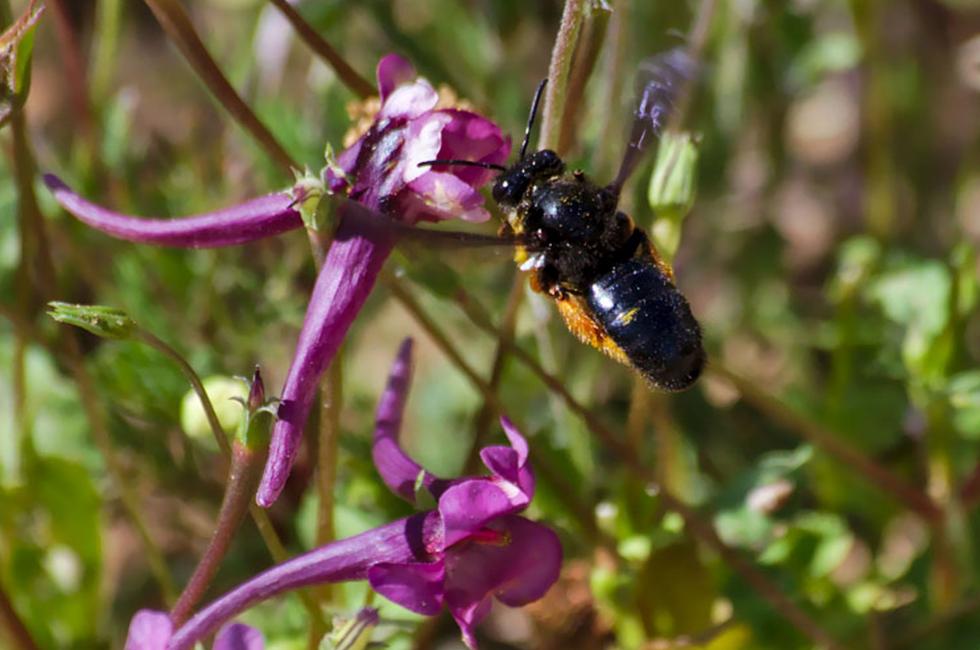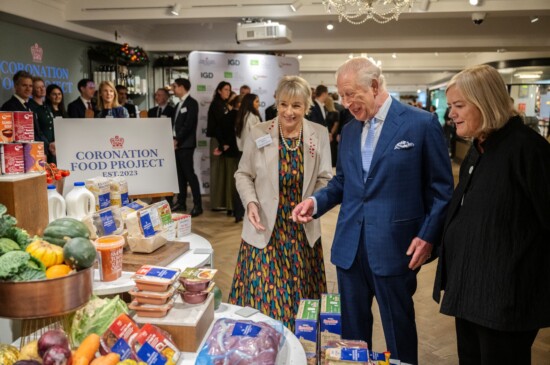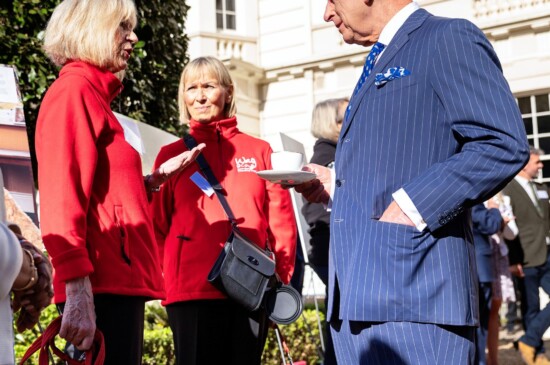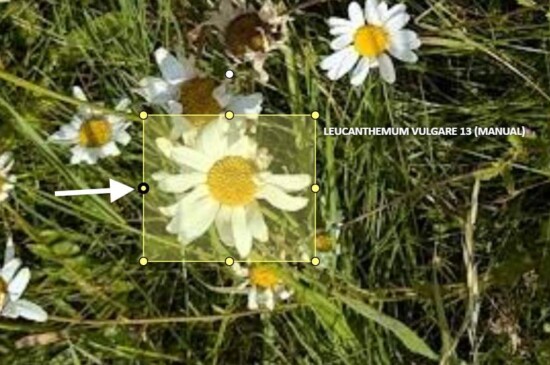
PWCF supports research on pollinator conservation
- Environment
The Prince of Wales's Charitable Foundation (PWCF) is excited to collaborate with Oxford University's Department of Plant Sciences to support the work of Dr. Tonya Lander in tracking pollinator movement in agricultural landscapes.
The award of over £100,000 will enable Dr Lander to appoint two post-doctoral research assistants, The Prince of Wales’s Charitable Foundation Fellows. Once in post, the fellows will develop a novel tracking system which could be used not only for pollinating insects, but also other beneficial insects such as parasitoids, insect pests such as locusts, and invasive species such as the Asian hornet.
Dr Lander’s research uses tracking technologies (designing and attaching tiny trackers to insect pollinators) to improve our understanding of the movement patterns of pollinators in relation to the distribution of resources, micro-climates and nest sites. The objective is to provide guidance that will help to protect pollinators, the plants they pollinate, and pollination services in agricultural landscapes.
The global decline of pollinators constitutes a serious threat to ecosystem function and human food security, yet there is a dearth of empirical research combining data about land-uses, pollinator movement and pollen flow – information that is essential for effective land management and conservation practice.
A spokesperson for The Prince of Wales’s Charitable Foundation said: ‘The Prince of Wales has long spoken of the urgent need to reverse the decline of our pollinators, on which so much of agriculture depends. The funding provided by his foundation will enable Oxford University to carry out vital research which we hope can make a real impact over the years to come.’
Dr Lander says: ‘We are honoured and excited to be working with The Prince of Wales’s Charitable Foundation. This collaboration will enable us to develop cutting-edge insect tracking technology and new, empirically based ecosystem models to understand how land-use and landscape change impact pollinators at a fine spatial and temporal scale. This understanding will feed directly into the development of farm management and conservation recommendations to protect and enhance pollinator communities in agricultural landscapes.’
For more details on the project, please visit: University of Oxford: https://www.development.ox.ac.uk/news/supporting-research-on-pollinator-conservation-and-management
More news

Eleven million more meals delivered – second anniversary of the Coronation Food Project

His Majesty The King meets charities who have benefited from landmark £50m raised through the sales of Waitrose Duchy Organic
